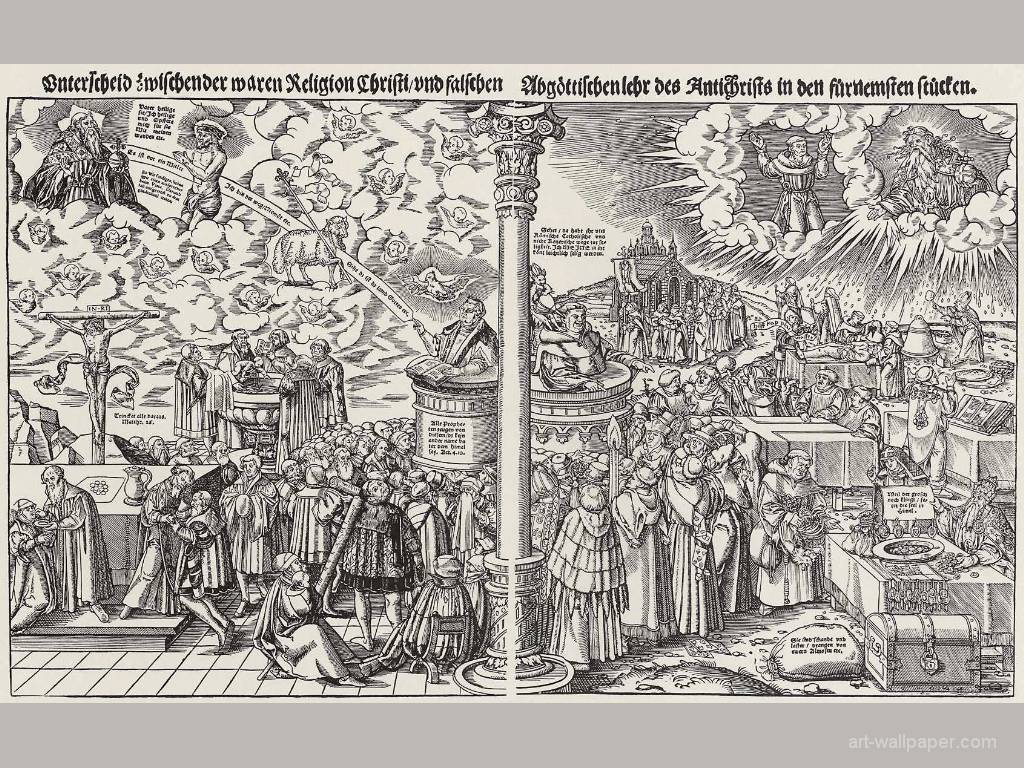
I had dinner with some colleagues last night and we had a great conversation over beer/wine and bar-b-que over whether Weber’s Iron Cage critique of modernity ignores the various ways in which belief is practiced in modern society (actually it was something about IPods and authenticity, but I digress).
Paul Krugman’s latest column in the Times nicely complements this critique of Weber’s Iron Cage. Krugman argues that the banking industry has gone through distinct phases of “exciting” banking where regulation was lax and great profits and profligate risk taking were rewarded and “boring” banking where the sector was heavily regulated and profits/risk taking were minimized. He concludes by taking the Obama economic team to task for their reticence in returning us to a “boring” banking era (You’d think Krugman taught at Harvard instead of Princeton they way he goes after Larry Summers)!
To me, the scaffolding underlying “exciting” baking is a very un-rational, un-iron cage-like “enchantment” with capital accumulation and profit making. Matt Yglesias makes the point in reference to the Krugman article that our era of “exciting banking” reflects a larger inability in our culture to assert that greed is a vice and not a virtue. Yglesias characterizes reckless investment bakers as:
people primarily motivated in life by greed. Not just by a desire to make some scratch, mind you. These aren’t immigrants who walked through the desert from Mexico in order to earn more money by washing dishes in a San Diego hotel. They’re not 24 year-olds looking for a hefty salary in order to pay off student loans. They’re multi-millionaires who want to earn millions more.
This may be part of Weber’s larger critique of modernity — means/end rationality replaces other more intrinsic and spiritual forms of rationality. But the Krugman piece and Ygelsias’ response seems to blur the line between the rational and the emotional. It is possible to be enchanted by money, not for what it can provide, but as an icon in and of itself. I think Ken gets at some of this in his post on what’s being taught in business schools.
It think it would benefit us to study the banking system as if it were a religious devotion. What are it’s creation myths? It’s rituals? It’s core texts? It’s iconography? Are there any good anthropoligical works on the banking industry?

 I’ve been thinking about José’s blog on
I’ve been thinking about José’s blog on